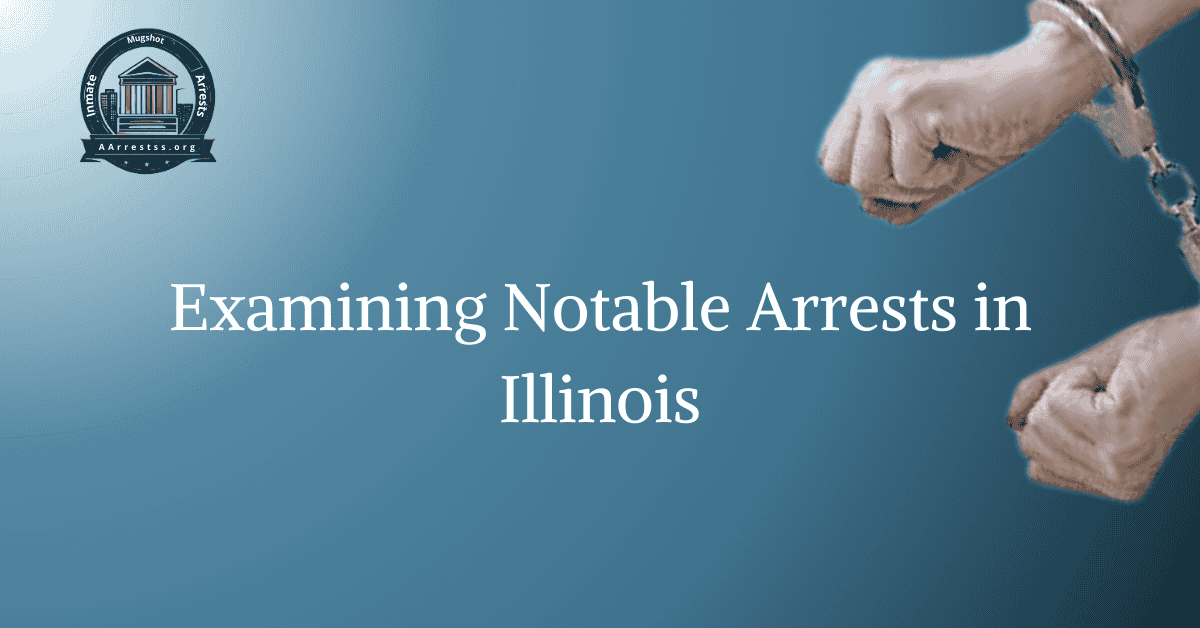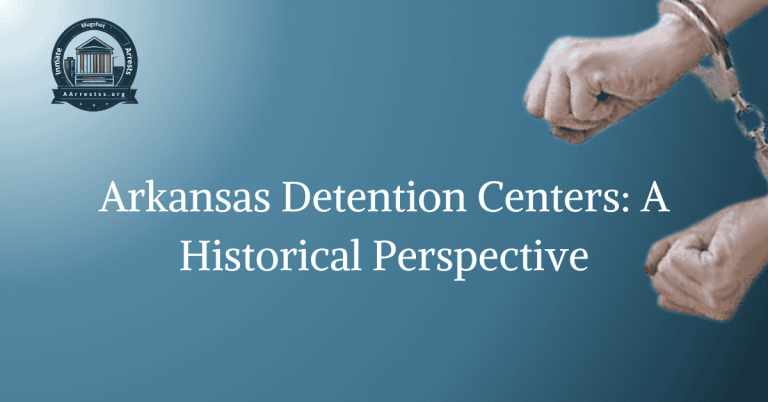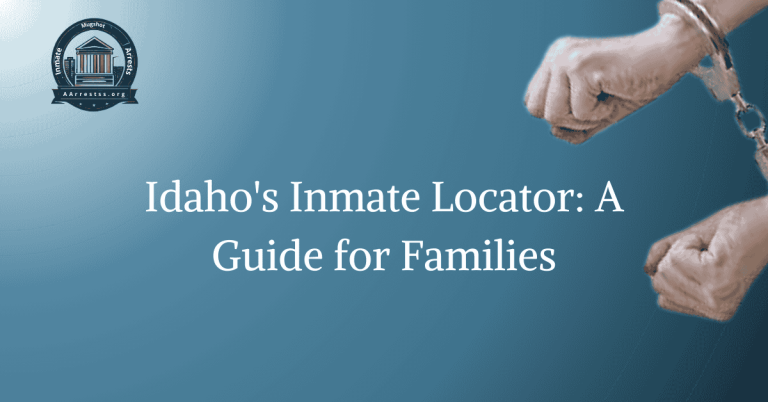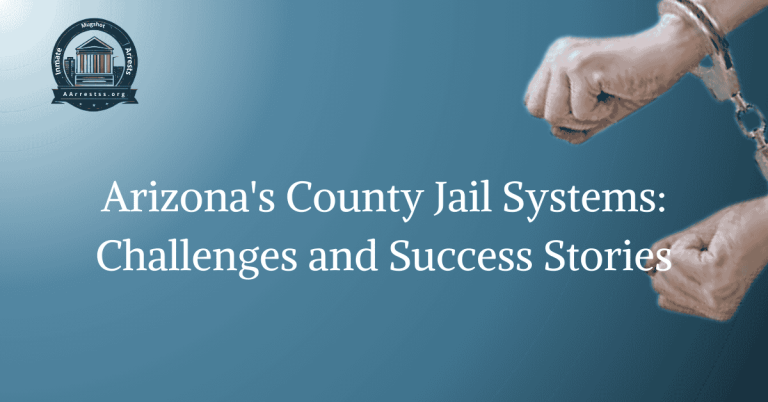Examining Notable Arrests in Illinois
Illinois has had its fair share of notable arrests throughout history, showcasing the state’s commitment to justice and law enforcement. From notorious gangsters like Al Capone to corrupt politicians, the state has seen its fair share of high-profile cases. These arrests have not only captivated the public’s attention but have also played a crucial role in shaping the state’s criminal justice system.
One notable arrest in Illinois history is that of Al Capone, the infamous gangster who dominated the Chicago underworld during the Prohibition era. Capone was finally apprehended in 1931 for tax evasion, as the authorities were unable to directly link him to his involvement in organized crime. This arrest marked a significant victory for law enforcement and displayed their determination to bring down even the most powerful criminals.
Al Capone’s Rise to Power
Before delving into Capone’s arrest, it is important to understand his rise to power in the Chicago underworld. Capone, originally from Brooklyn, New York, moved to Chicago in the early 1920s to join Johnny Torrio’s crime syndicate. He quickly rose through the ranks and became the leader of the organization after Torrio’s retirement in 192 Capone’s empire was built on illegal activities such as bootlegging, gambling, and prostitution, which thrived during the Prohibition era.
The Prohibition Era and Organized Crime
The Prohibition era, which lasted from 1920 to 1933, was a time when the production, sale, and distribution of alcoholic beverages were illegal in the United States. This period created a lucrative opportunity for organized crime syndicates like Capone’s. Bootlegging, the illegal production and distribution of alcohol, became a highly profitable enterprise. Gangsters like Capone controlled the supply and distribution networks, making immense profits and gaining significant power.
Capone’s Control over Chicago
Capone’s control over Chicago was absolute. He established a network of speakeasies, illegal bars where alcohol was sold and consumed discreetly. These speakeasies became popular social venues, attracting both the upper class and the working class. Capone’s influence extended beyond the alcohol trade, as he also controlled gambling dens and brothels. His criminal empire brought in millions of dollars, making him one of the wealthiest individuals in the country.
The Downfall: Tax Evasion Charges
Despite his notorious reputation, Capone managed to avoid conviction for various criminal activities. Law enforcement agencies, however, were determined to bring him down. Unable to directly link Capone to his illegal activities, the authorities focused on his financial transactions. In 1931, Capone was charged with tax evasion, a crime that carries heavy penalties. The evidence presented during the trial showed that Capone had not paid income tax for several years, despite his vast wealth.
A Landmark Conviction
Capone’s trial for tax evasion was highly publicized and received significant media attention. The prosecution presented a mountain of evidence, including bank statements, financial records, and witness testimonies. The jury found Capone guilty, and he was sentenced to 11 years in federal prison. This landmark conviction marked a significant victory for law enforcement, as it demonstrated their ability to bring down even the most powerful criminals.
The Impact on the Criminal Justice System
Capone’s arrest and conviction had a profound impact on the criminal justice system in Illinois and beyond. It showcased the effectiveness of pursuing alternative charges when direct evidence of organized crime involvement was elusive. The case also highlighted the importance of cooperation between federal and local law enforcement agencies, as well as the need for strong financial regulations to combat criminal enterprises.
FAQs
What are some notable arrests in Illinois?
Illinois has seen several notable arrests over the years. One such arrest was of former Governor Rod Blagojevich, who was convicted of corruption charges, including attempting to sell the Senate seat vacated by Barack Obama. Another notable arrest was that of serial killer John Wayne Gacy, who was responsible for the murders of at least 33 teenage boys and young men in the 1970s.
Can you provide more information about the arrest of Rod Blagojevich?
Rod Blagojevich, the former Governor of Illinois, was arrested in 2008 on various corruption charges. He was accused of attempting to sell or trade the Senate seat left vacant by Barack Obama after he was elected President. Blagojevich was eventually impeached and removed from office. He was later convicted on multiple counts, including wire fraud, attempted extortion, and bribery.
What was the significance of John Wayne Gacy’s arrest?
John Wayne Gacy, also known as the “Killer Clown,” was arrested in 1978 for the murders of numerous young boys and men. His case gained significant media attention due to the shocking nature of his crimes and the fact that he had disguised himself as a friendly community member. Gacy’s arrest and subsequent trial brought attention to issues such as serial killers, child predators, and the importance of thorough investigations.
Are there any other notable arrests in Illinois?
Yes, there have been several other notable arrests in Illinois. One example is the arrest of former Governor George Ryan, who was convicted of corruption charges related to the sale of driver’s licenses. Another notable arrest is that of Drew Peterson, a former police sergeant, who was convicted of murdering his third wife, Kathleen Savio. These cases, among others, have had a significant impact on the state of Illinois and its criminal justice system.
How do these notable arrests impact the state of Illinois?
Notable arrests in Illinois have had a profound impact on the state and its residents. They have shaken public trust in government officials and law enforcement agencies, leading to increased scrutiny and calls for reform. These cases have also highlighted the importance of holding individuals accountable for their actions, regardless of their position or status. Furthermore, they have served as reminders of the need for strong investigative techniques and the continuous improvement of the criminal justice system.
What lessons can be learned from examining these notable arrests in Illinois?
Examining notable arrests in Illinois provides valuable lessons for society. It emphasizes the importance of ethical behavior and integrity in public office. It also serves as a reminder of the dangers of corruption and the consequences that individuals may face when engaging in illegal activities. These cases highlight the need for transparency, accountability, and a strong commitment to justice in both the public and private sectors.
Conclusion
Al Capone’s arrest for tax evasion serves as a reminder of the determination and resilience of law enforcement agencies. It represents a significant chapter in Illinois’ history of notable arrests, symbolizing the state’s commitment to justice and law enforcement. The case of Capone demonstrates that no criminal, no matter how powerful, is immune to the reach of the law.








